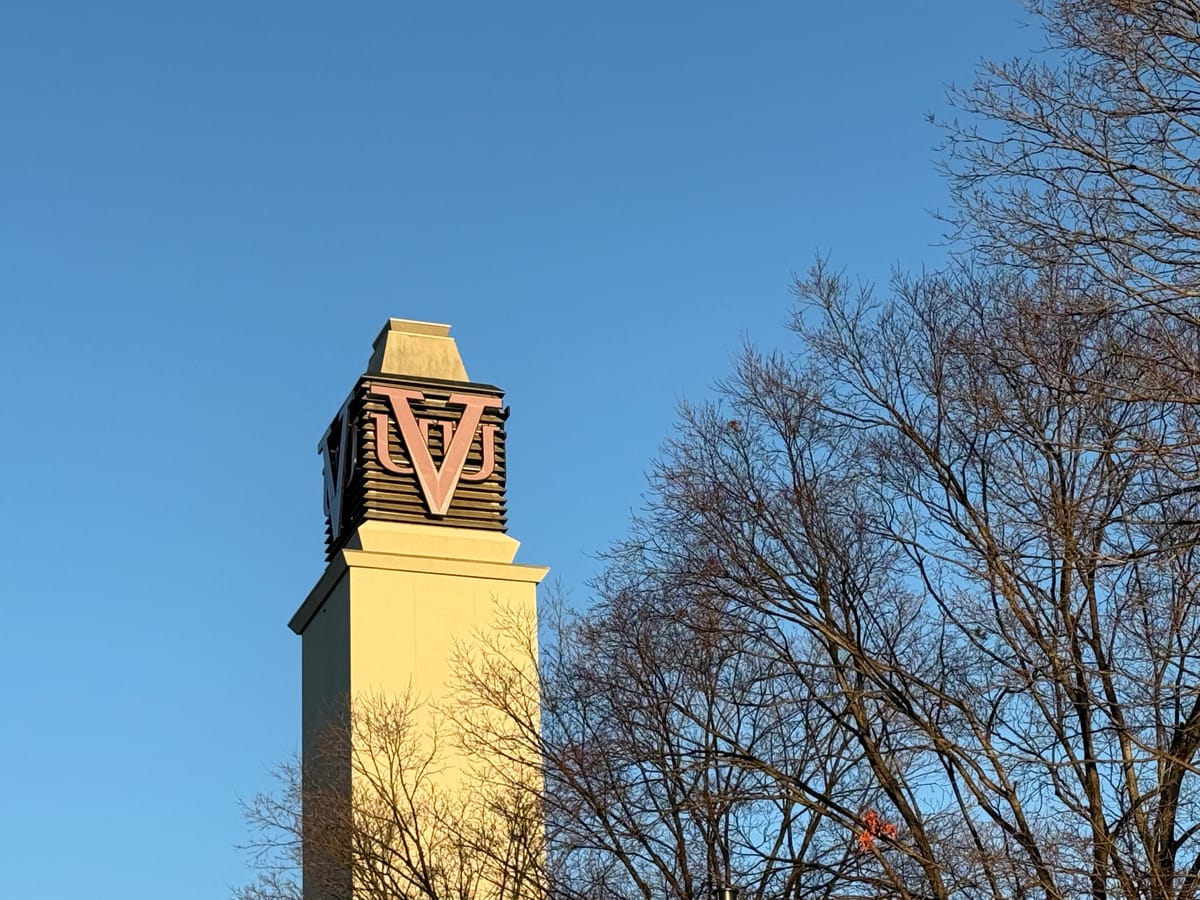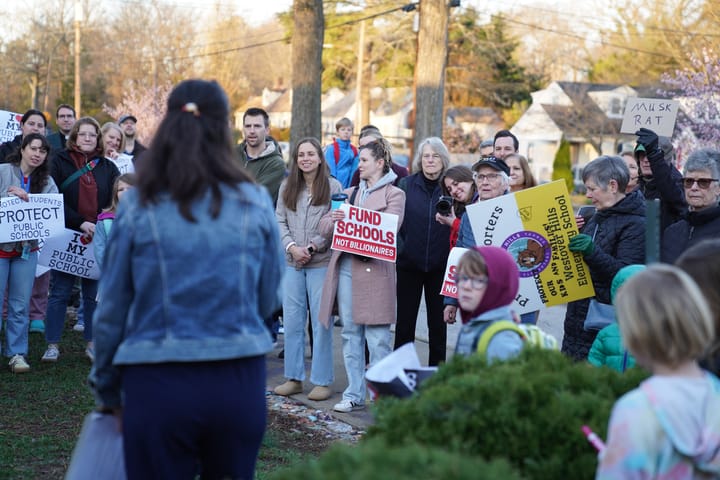Virginia Union’s accrediting probation is extended, but the school’s president disputes negative interpretations of a recent audit

The president of Virginia Union University, Hakim J. Lucas, said in an interview Thursday that he disagrees with an accrediting body’s decision to leave the school on probation and believes VUU is on a growth trajectory.
Virginia Union will remain accredited during the probationary period, which was imposed by the Southern Association of Colleges and Schools Commission on Colleges initially in 2023, and extended for another 12 months this weekend. The school will have additional reporting responsibilities and will host a committee visit at some point in the next year.
The accrediting body cited a “failure to comply” in four requirements — Financial Resources, Financial responsibility, Control of finances, and Federal and state responsibilities.
Lucas said he believes that a focus on the negative aspects of the report is overshadowing the progress VUU made.
“I think anybody would say to you, ‘Well, hold on a second. What’s bad about the audit?’” he said. “I think there are findings, for sure, in areas we need to do. But the audit also tells a story of the quality of our positions, which will show our revenue is at the highest in our history, and our enrollments are at the highest in our history.”
Financial challenges
The financial audit showed one of Virginia Union’s top challenges in the coming years will be to develop institutional funds and reserves to provide a safety net.
“We would not have been repeated on probation if our endowment was $100 billion, right?” Lucas said. “So we have to work and do that, and increase unrestricted revenue to the university. That’s what we’re doing, that’s what we’re going to do, and we’ll decrease our tuition dependencies.”
VUU’s financial report, prepared by Brown Edwards and obtained by The Richmonder, showed that in the most recent reporting year, the school had $74.3 million in net assets, though $50.6 million of that was donor-restricted.
Among the audit’s findings were that donor-restricted funds have been used in the past for general purposes.
“The University does appear to have policies and procedures in place to ensure that donor restricted funds are not used for operations currently,” the audit found. “However, these policies and procedures were not adhered to in the past, thus creating the deficiency.”
In an email to students and faculty on Wednesday night, Lucas wrote: “Virginia Union University does not use donor-restricted funds for operational expenses.”
Creating new revenues
Lucas noted in an interview with The Richmonder that dating back to the school’s founding, the HBCU has never been in position to have a large endowment or the type of alumni giving that other established schools have.
That’s part of what is driving the school’s current approach to develop land it owns. The plan to demolish the old Richmond Community Hospital, and the subsequent reversal of that decision, has been in the headlines for months, but VUU is also working to build a “residential village” within the nearly 100 acres in controls near its campus on Lombardy Street.
The school is also planning a mixed-used development on the former Budget Inn site on Brook Road, and a hotel in the Carver neighborhood.
“Now we’re at a place where we have to change and transform our disenfranchisement and disadvantages we historically have faced, and we have to position it within a business model that understands the opportunities that are important to us,” he said, referring to the economic disadvantages HBCUs have faced in the past.
“One thing we know: We are land rich, and we own real estate, and we looked to a strategy that many universities have used over the years that leverages the real estate without losing the real estate assets.”
Lucas hopes that building additional housing will produce unrestricted revenue for the school, while also helping make it more attractive as it aims to grow from its current enrollment of about 2,000 students to a stated goal of 3,000 students — even as college enrollments are projected to decline over the next decade.
Lucas said regardless of the accrediting committee’s decision, the work that needs to be done remains the same, and that the school will continue to hold itself to a high standard.
“As we go forward and they say to us, we want to see you duplicate these results and strengthen the remaining areas in the same way you’ve done before, we welcome that opportunity,” he said. “Because we’re not just trying to be compliant, but we’re creating a culture that will ensure the university lasts another 160 years.”






